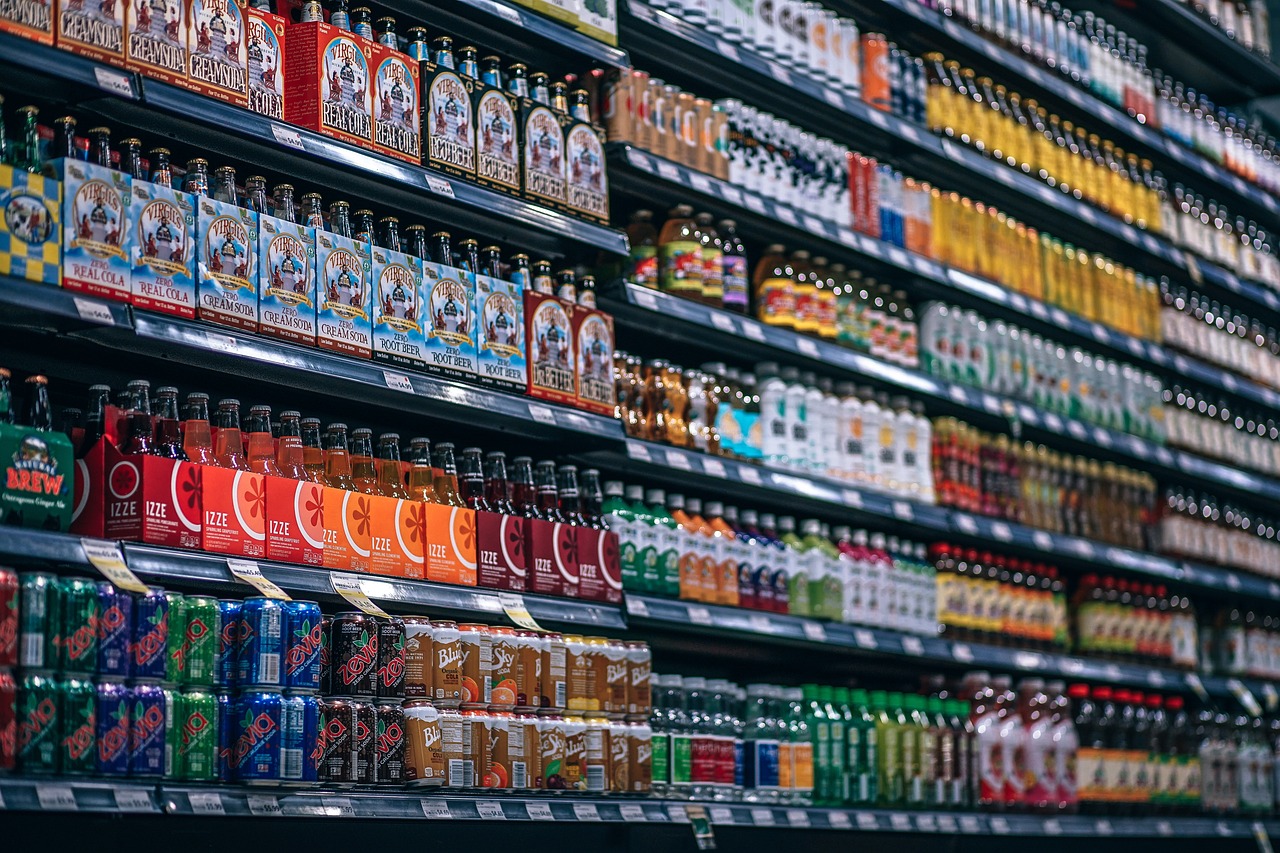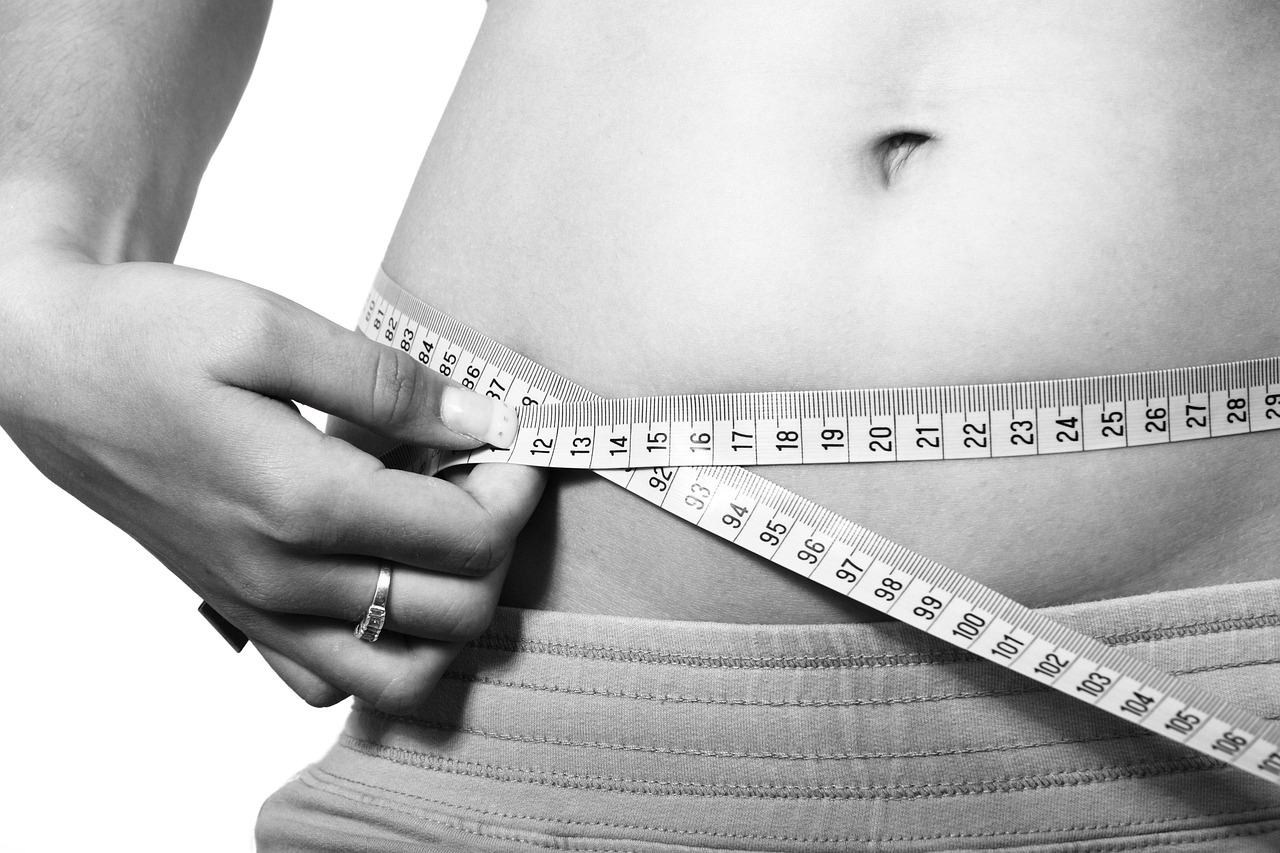Does Diet Soda Cause Food Cravings?
Excess body weight is an increasingly common problem today. Several different factors are believed to contribute to this prevalence, and the solution to this problem is not at all simple.
But it is undeniable that being overweight is a serious and worrying phenomenon. Therefore, several campaigns and marketing strategies focus on reduced sugar intake, and already in the twentieth century, the first “diet” or sugar-free drinks, often called “zero” drinks, appeared.
Such products quickly gained popularity because, on paper, they sound much better than sugary drinks. But without going into too much detail about the characteristics of these types of drinks, today, we highlight interesting new research related precisely to body weight and the popular “zero” drinks.
What exactly are “zero” drinks?
Let’s start with the most important and obvious thing – these drinks have no calories, that is, they do not contain any sugar at all. This may seem tempting to people who want to lose a few extra pounds, but also to people who want to watch their weight.
In that respect, such drinks have a certain advantage over traditional ones that contain large amounts of added sugar.
For such “zero” drinks to have a mild and desirable taste, manufacturers use various compounds called sweeteners. These compounds may have different chemical structures, but their main use is because they are not broken down by our digestive system, so they have no caloric value.
Some of them are actually tens or even hundreds of times milder than ordinary white sugar, which is why these sweeteners are used in significantly smaller doses. Such sweeteners are also available for home use and can be quite beneficial for people with diabetes.
There is also a group of compounds called polyols or sugar alcohols that are naturally present in many plants but can also be artificially created. They are not significantly milder than sugar, and they also have a certain caloric value, which is still lower than that of white sugar. Such compounds are also quite popular and often used.
The reputation of all types of sweeteners is quite mixed and there is a certain stigma and uncertainty surrounding them. However, scientific research and studies classify such sweeteners as safe, of course, if they are used in moderate and exactly prescribed quantities.
Although the purpose of such drinks is to reduce sugar intake and thus make it easier to regulate body weight, a new study shows that they can have the opposite effect.
The need for such research arises because of the great popularity of such drinks. In the USA, it is estimated that even 40% of the adult population uses these drinks.

Previous research and studies have shown and determined that such drinks do not offer significant benefits in terms of weight loss.
Scientists from this study found that drinks containing the sweetener sucralose can even increase food cravings in people.
The research included 74 respondents who had a stable body weight. They were aged 18-35, and 58% were women. In addition to these subjects, overweight and severely overweight people were also included.
They underwent three different experiments. In one session, subjects received: a 300ml drink with the sweetener sucralose or a drink with added sugar or as a control drink – water. After drinking the drink, the subjects were shown images of high-calorie food, and their brains, that is, the area associated with appetite and desire for food, were recorded with the help of magnetic resonance imaging.
In addition, the subjects’ blood sugar, insulin, and metabolic hormone levels were measured. Finally, they had access to food, and their choice and amount of food intake were recorded.
What did the results show?
Brain scans of the subjects, as well as blood work, showed three significant effects that the sweetened beverages had on the body.
- The MRI results showed that women and overweight people who consumed a sweetened beverage had increased activity in an area of the brain associated with appetite and food cravings.
- There was a drop in metabolic hormones that signal satiety after consuming the sweetened beverages, compared to drinking a beverage with added sugar.
- After consuming the sweetened drink, mostly in women, there was a greater desire for food and they consumed more at the end of the experiment.
Such results also correspond with some previous studies and show that this type of drink is not a significantly better option, although at first glance it seems that way. Their low, i.e. non-existent caloric value cannot easily deceive our brain and eventually, it will again show the need for food that has calories.
Such drinks can be a good alternative to those containing huge amounts of added sugars, but only if they are consumed infrequently and in moderation. They cannot be a substitute for caloric food, nor should they be used as a weight loss tool.














Post Comment